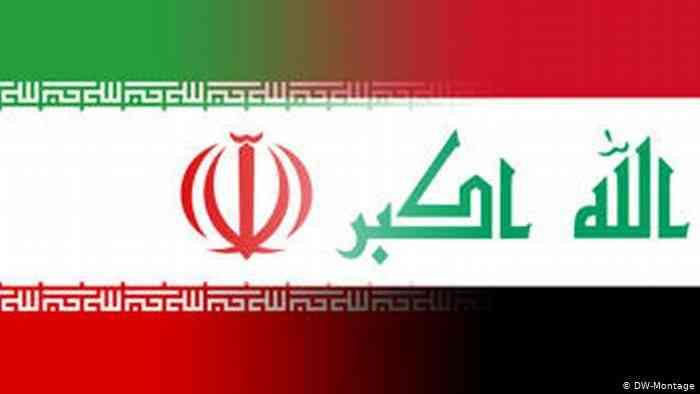Iraq 3: Countries in Conflict
Israel was concerned about the growing military power of Iraq and wanted to eliminate it with the help of Iran.

After the break between Sadat (Former president of Egypt) and the Soviet Union, Moscow shifted its focus to Iraq. Iraq soon replaced Egypt as the main Arab enemy directed against Israel, even though the newly prominent strongman in Iraq, Saddam Hussein, was not as efficient as Abdel Nasser. Sadat’s rejection of the Arab armed unitary tendency that Nasser believed in led to Iran halting all of its military plans targeting Egypt, especially those aimed at preventing any possible infiltration or activity that has been increased by Egypt through Iraq.

On the other hand, the planning against Iraq continued, and its intensity increased. Baghdad's hosting of elements of the Iranian opposition, and the friendship treaty it signed with the Soviet Union - which included a Soviet commitment to provide military and economic aid to Iraq over fifteen years - strengthened Iranian suspicions of the hostile intentions of the Ba'athist regime. This treaty was signed on April 9, 1972, at the height of the Egyptian-Iranian rapprochement.
Despite the Shah’s claim that he does not value Iraq, referring to him as “the miserable little dwarf,” the American reluctance to sell arms to Iran would have left the country in a weak position before the growing Iraqi armies. Over the first years of the 1970s, Iranian military spending was mainly driven by the sensed danger by Iraq. Israel faced the same threat and viewed the growing strength of Iraq with great concern. Iraq had never had full participation in the Arab wars with Israel. Still, the strategic thinkers feared that if Iraq emerged as a leader of the Arab world and was ready to attack Israel in a future Israeli-Arab war, the balance might turn in favor of the Arabs. With the full participation of Iraq, the Arab coalition can cross Jordan and quickly put the Iraqi army on the eastern front of Israel.
As Samuel Barr from the Multiple Curriculum Center in Herzliya explains, there was a tremendous Israeli fear that Iraqi teams would approach Israel alongside the Arab armies. The Egyptian and Syrian troops demonstrated it in the 1973 war. Lieutenant-General Isaac Segev says the Israeli military attaché in Tehran: Iraq was the real enemy of Israel at a time when the Iranian-Arab rapprochement generated friction between Tehran and Tel Aviv.
The emergence of the Iraqi threat helped provide a reliable geopolitical platform for the continuation of the secret Iranian-Israeli understanding agreement. Despite the flirtation between Tehran and Egypt, Iranian exposure to the Soviet Union and Iraq continued to cause the Shah's concern. Indeed, the Soviet threat to Iran was increasing, not because of Soviet anti-Iranian positions, but rather because of the growing weakness in America's resolve to protect Iran. With the shift of the US-Soviet strategic relationship from containment to concord, which created a competitive, albeit peaceful, coexistence between the United States and the Soviet Union, divergent Israeli and Iranian attitudes toward great-power policies have less affected their bilateral relations. Israel was not as preoccupied with the Cold War as Iran. In the eyes of Israel, the presence of a pro-Western Arab government does not necessarily mean a lesser danger to Israel's security, just as the existence of a pro-Soviet state does not automatically mean that it will become an enemy of the Jewish state.
Entering the cold war, a new turn represented by a shift from a policy of containment to reconciliation reduced the level of Western tension with the Soviet Union. It thus increased Israeli-Iranian cooperation due to the inability to rely on the United States to protect Israel's southern borders from the Iraqi and Soviet threats.
However, the outbreak of the Iranian revolution, led by Ayatollah Khomeini, was a severe shock to the Israeli policies, as a result of Iran's Shah’s defeat as a counterweight to the growing Iraqi threat after the exposure of the southern borders of Israel. But from Tel Aviv's point of view, Iraq remained the first enemy, despite Iran's revolutionary and satirical ideological discourse in support of the Palestinian cause. Tel Aviv continued to consider Tehran a partner (as the author describes) to balance the Iraqi weight, and the Iran-Iraq war was the gateway.
To be continued...
From a book Coalition of Common Interests: Secret Agreements between the United States, Iran, and Israel / American Researcher of Iranian Origin, Trita Parsi

